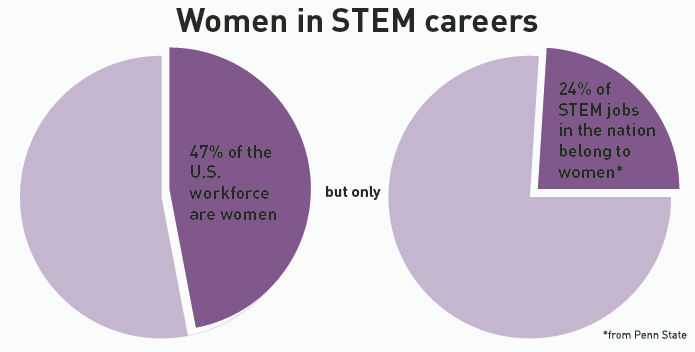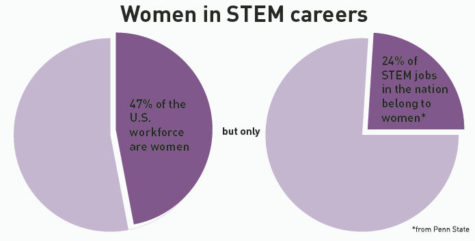Iowa State professor co-authored a new book examining racism against Latinos
Co-author of “Ignored Racism” Dave Peterson is a professor in the political science department and the former editor of “Political Behavior.”
August 21, 2020
Systemic racism impacts underrepresented groups in the U.S. in many ways, one of them being voter identification and racism in politics.
In the book “Ignored Racism”, written by Dave Peterson, Iowa State University Lucken professor of political science and Mark Ramirez, Arizona State University associate professor of politics and global studies, examines how race influences the way people vote and think about politics. The book primarily discusses racism against Latinos and how stereotypes, voting rights.
“The starting point of the book is the idea that we know that white peoples attitude about race plays a role in how white people think about politics, in addition, trying to think about the ways in which anglos (a white, English-speaking American as distinct from a Hispanic American) think about Latinos and does that also the shape they think about politics,” Peterson said.
Peterson and Ramirez collaborated together for many years previous to the start of the book.
“We were talking about our research and one of the things we always realized was there’s not the same appreciation of how anti-Latino stereotypes matter for peoples views on politics in the same ways that anti-African American stereotypes matter to people’s views on politics,” Peterson said.
They began discussing and collecting surveys in 2014 first believing this would be a small project, until the 2016 election.
“The way that Donald Trump’s campaign tapped into a lot of these ideas about Latinos, his rhetoric about immigration, made it more pressing,” Peterson said.
The surveys and experiments focused around the idea of asking people to answer whether they agree or disagree with a statement about Latino culture.
After running several experiments the results turned out good so they began to ask ‘what else works’ they began realizing that their experiments helped explain many different issues, Peterson said.
“We just sort of kept building and it came together over half a dozen surveys and experiments,” Peterson said.
Voting rights, voter ID and voter fraud are tied heavily to the topic of immigration, according to Petersen. Iowa is one of the 36 states that require a state-issued identification to be eligible to vote. The identification must have a current address and photo, many simply use their driver’s licenses.
“The people who don’t have state-issued IDs are not random, Latinos, African Americans and older people are much less likely to a state-issued id if you don’t drive you don’t have a driver’s license,” Peterson said, “A lot of people don’t readily have these IDs available.”
Requiring voting identification to vote is one of the examples of voter suppression
against Latinos and African Americans discussed in the book.
Peterson and Ramirez’s book focuses on other issues such as voter fraud, voting rights and election.
“Through the surveys and experiments we argue and show that people’s attitudes about Latinos and the stereotypes about Latinos do shape the ways in which they think about these broader issues,” Peterson said.
















